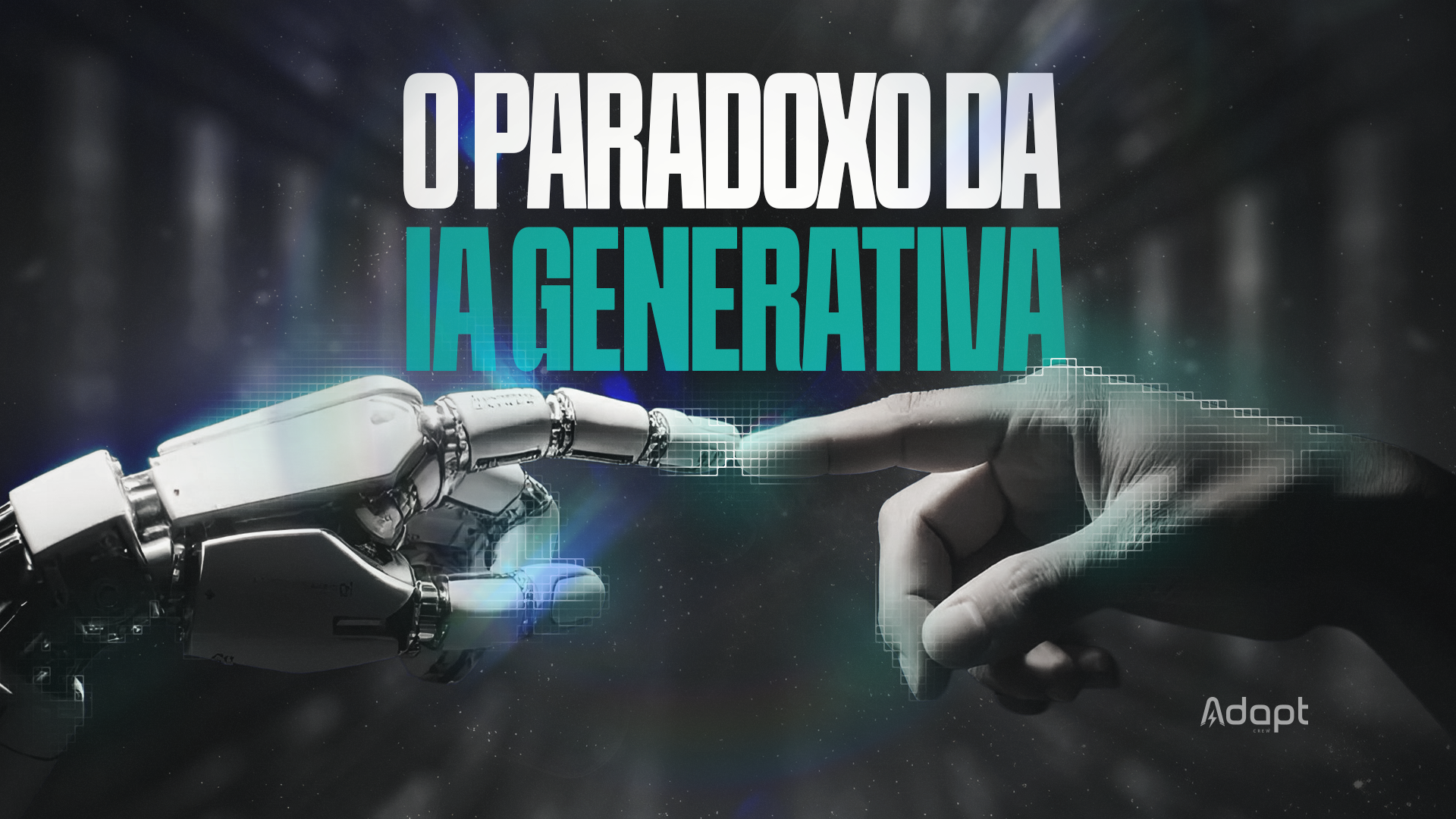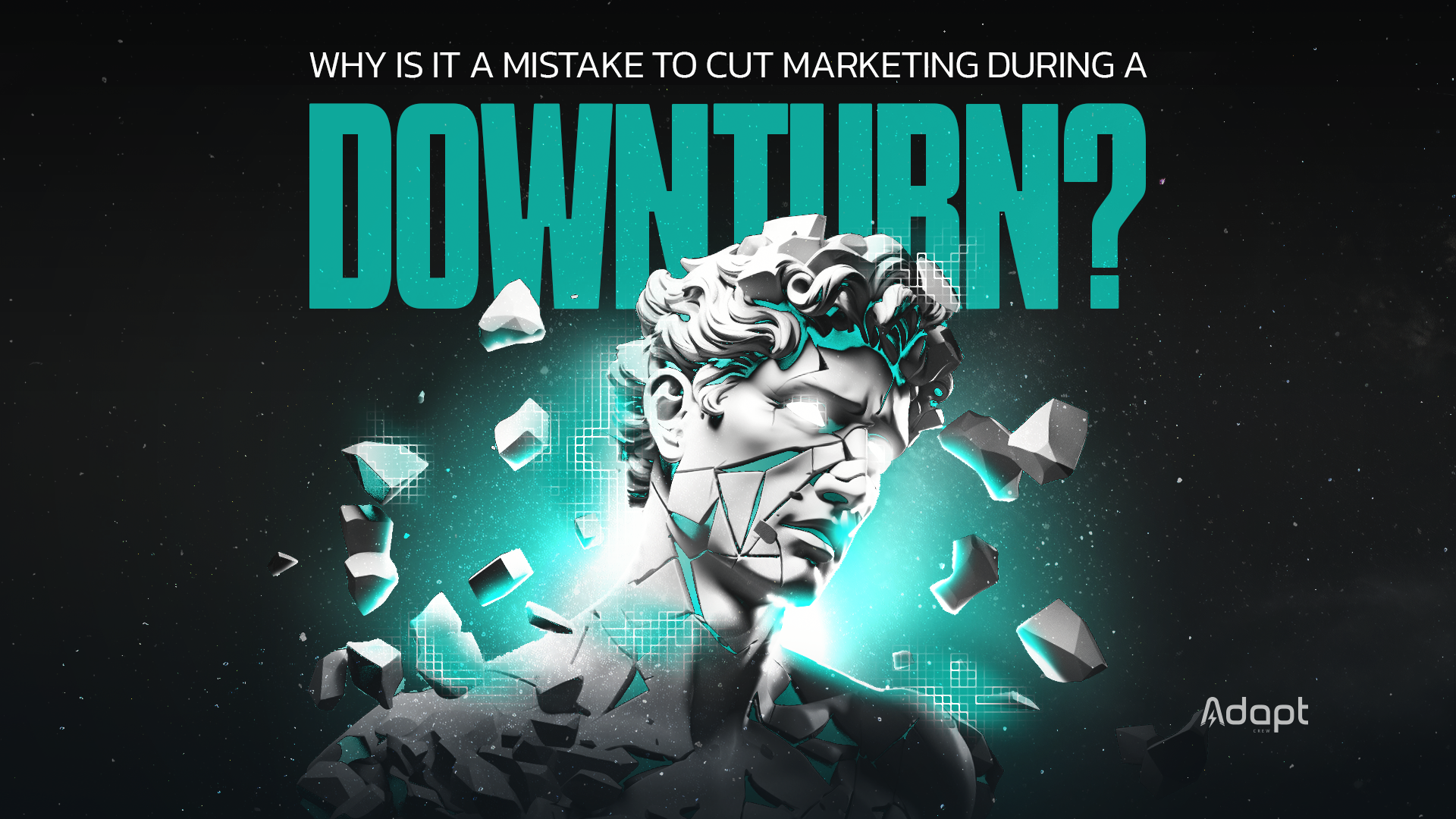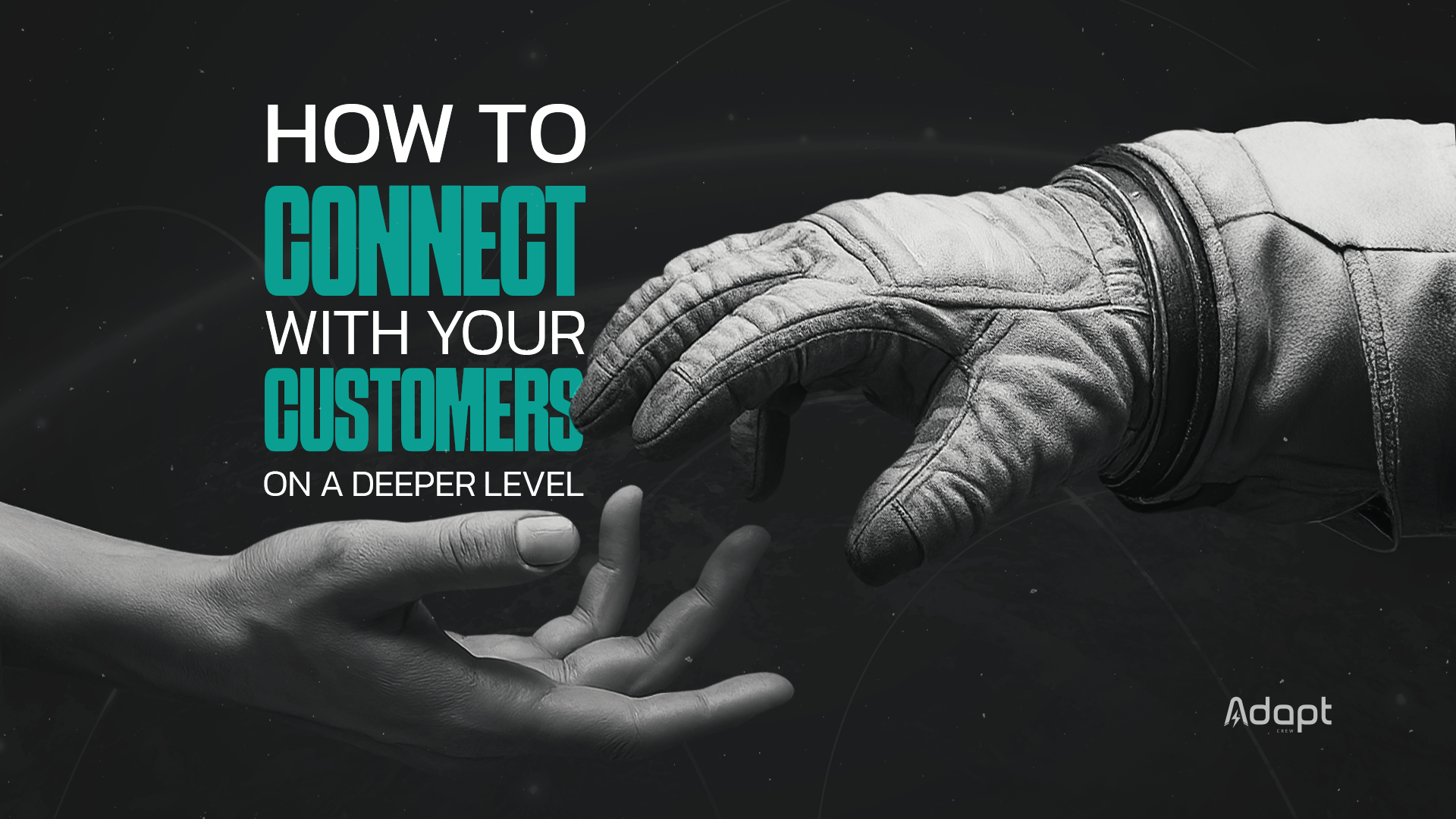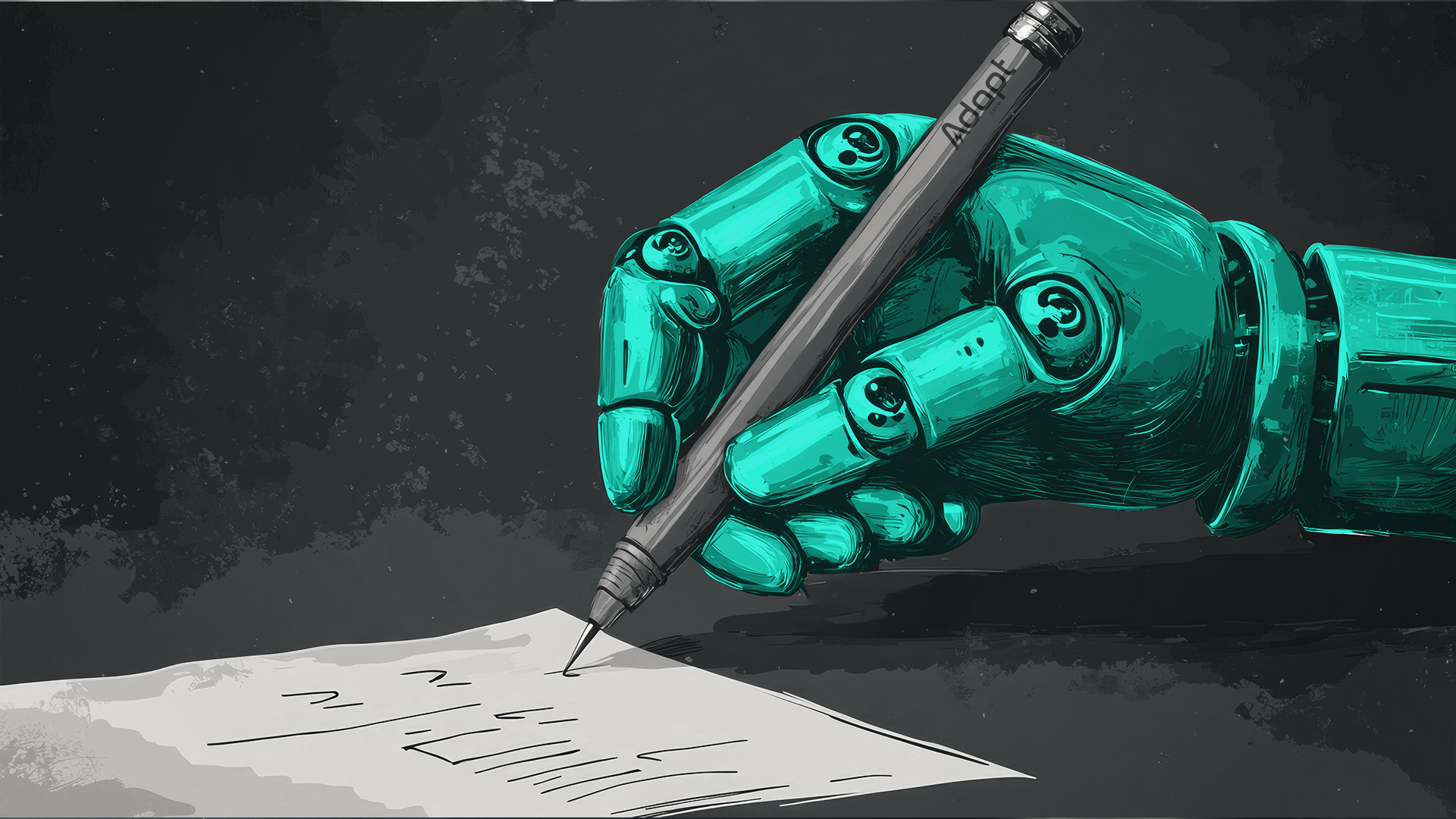B2C and B2B: If you're not familiar with these concepts, you'll fall behind.
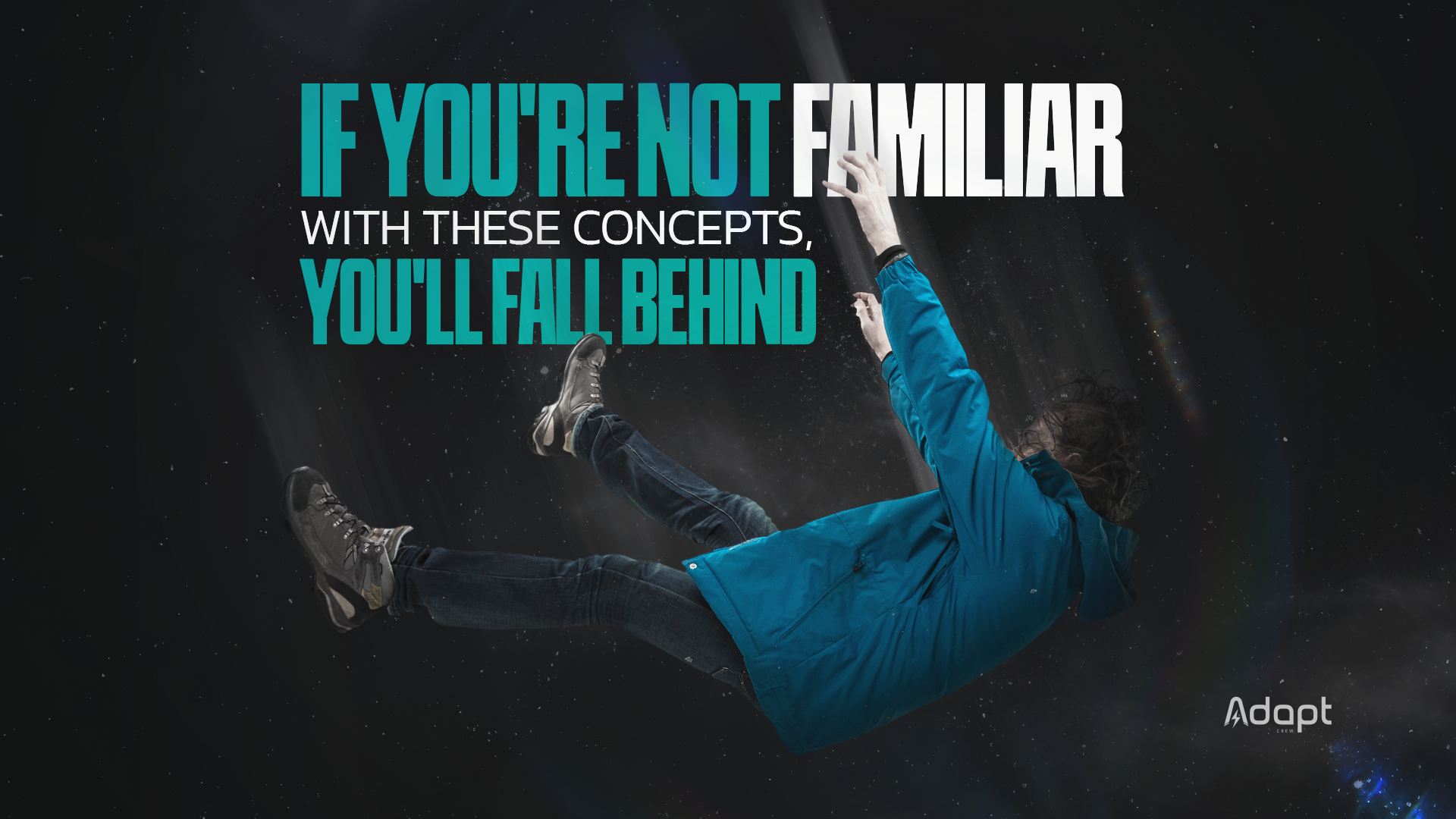
Discover the key differences between B2B and B2C business models, their advantages and challenges, and learn how to choose the best strategy for your
If you have a business, knowing who you want to reach is essential for achieving effective results. In marketing strategies, there’s a big difference between selling to the end consumer and selling to a company. And obviously, if you don’t have a business yet, consider the pros and cons of each model and choose wisely how you want to operate.
But what are these differences, really?
To understand B2B and B2C, let’s look at what both acronyms refer to. B2B stands for Business to Business. The latter, B2C, is defined as Business-to-Consumer. By examining the terms each contains, we can get a rough idea of what differentiates them. Both refer to business models, but they differ primarily in the target audience. Let’s start by discussing B2B, so the differences become clearer.
B2B is a business model in which a company sells to other companies. There are numerous examples of this type of transaction between legal entities. It involves the acquisition of a wide range of products and services. The sale/purchase of raw materials and inputs for the production and sales lines is what most immediately comes to mind when we talk about a B2B transaction. This is because we immediately think of the relationship between industry and all segments that directly engage in the marketing and/or provision of services to the end consumer. However, the B2B model refers to any transaction involving the sale and purchase of products and services between companies.
Regarding B2C, this is a business model in which companies interact directly with the end consumer of their products and services. As you might expect, this type of transaction is present in everyone’s daily lives. For example, when you purchase a book from an e-commerce site, the transaction takes place through B2C.
Advantages and Disadvantages
B2C Advantages
Shorter Sales Cycle: Purchasing decisions are usually made by a single person (the consumer), which makes the sales process faster and less complex.
Potentially High Sales Volume: The consumer market is vast, enabling a high volume of transactions, even with a low average ticket.
More Direct and Emotional Communication: Marketing campaigns can be more streamlined and focused on awakening the audience’s emotions, desires, and immediate needs.
Greater Flexibility: B2C companies can adapt more quickly to market trends and consumer preferences, launching new products or promotions more quickly.
B2B Advantages
Higher Average Ticket: B2B transactions typically involve large volumes or high-value products, resulting in a higher average ticket and, consequently, higher revenue per sale.
Long-Term Customer Relationships: B2B partnerships are often long-term and contract-based, providing more predictable and stable revenue.
Lower Price Sensitivity: While price is important, B2B purchasing decisions are more rational and based on factors such as quality, reliability, support, and return on investment (ROI).
Niche and Focused Marketing: Marketing strategies are more targeted to a specific audience (decision-makers within companies), which can optimize costs and increase effectiveness.
At the end of the day, whether your path is B2B or B2C, what truly matters is understanding your audience and building strategies that resonate with them. Each model carries unique challenges and opportunities, and choosing the right one can be the difference between just “selling” and creating meaningful, lasting connections.
If you’re looking to dive deeper into marketing strategies and stay ahead of the competition, check out more insights on our blog.

Teodora ribeiro
Social Media
Post Tags :
Share :
